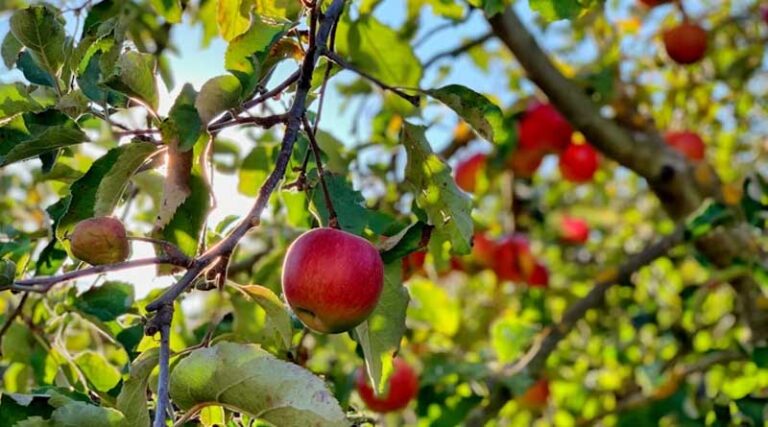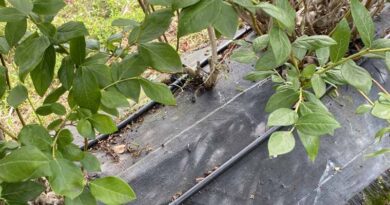
Leaf Miner Outbreak in Kashmir’s Apple Orchards Linked to Climate Change
31 October 2025, New Delhi: The recent rise in Leaf Miner infestation across Kashmir’s apple orchards has been linked to changing climatic conditions. Officials have noted that the pest, first detected nearly five years ago, has intensified during the past three years due to higher temperatures and shifting rainfall patterns in the Valley.
In a written reply to a starred question by Member of Legislative Assembly Shabir Ahmad Kullay, the Agriculture Production Department (Horticulture Sector) stated that recent climatic changes, particularly rising temperatures and altered precipitation, have contributed to a resurgence and increased severity of aphid and Leaf Miner attacks. The department said it remains uncertain whether the pest was introduced from outside or re-emerged locally through mutation triggered by environmental shifts. Research institutions continue to study its origin and spread.
Pest monitoring, field surveillance, and Integrated Pest Management (IPM) measures have been strengthened in collaboration with SKUAST-Kashmir. Officials said that due to the Leaf Miner’s potential for rapid spread, effective control requires a coordinated approach involving bio-control agents, selective insecticides, and community participation.
Addressing suggestions for aerial spraying, the department clarified that large-scale blanket spraying is not recommended by research agencies owing to environmental risks, small landholdings, and the absence of suitable ultra-low-volume formulations. It added that management efforts will continue based on advisories from SKUAST-K and the Central Institute of Temperate Horticulture (CITH).
The department’s reply also mentioned that in the past two years, around 1.55 million fruit plants, mainly high-density apple varieties such as Gala and Red Delicious have been imported from Belgium, Italy, the Netherlands, and Turkey through registered private agencies. These imports were approved by the Ministry of Agriculture’s Exim Committee under quarantine protocols.
Officials highlighted that apple cultivation in Jammu and Kashmir continues to depend heavily on imported planting material, as domestic nurseries are expected to take nearly a decade to meet demand. Under the Holistic Agriculture Development Programme (HADP) and the Jammu and Kashmir Competitiveness Improvement Project (JKCIP), initiatives are underway to establish Mother Orchards, Rootstock Banks, and Plant Propagation Units across several districts.
For 2025–26, Shopian district, one of Kashmir’s key apple-producing regions has been allotted 30 hectares under high-density plantation, contributing to the long-term goal of covering 5,500 hectares within the next decade. The department also said that while no subsidies are offered on fertilizers or pesticides, 50% financial assistance of up to US$600 per unit is available for vermicompost production to promote organic practices among apple growers.
📢 If You’re in Agriculture, Make Sure the Right People Hear Your Story.
From product launches to strategic announcements, Global Agriculture offers unmatched visibility across international agri-business markets. Connect with us at pr@global-agriculture.com to explore editorial and advertising opportunities that reach the right audience, worldwide.






